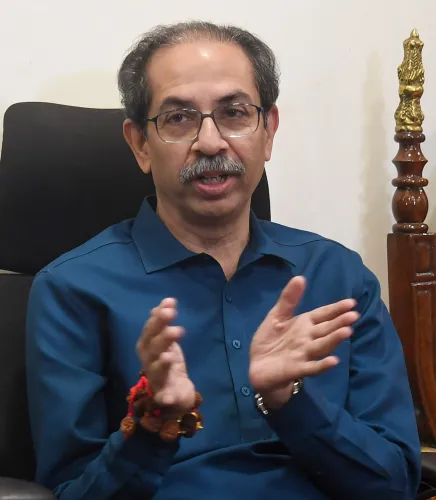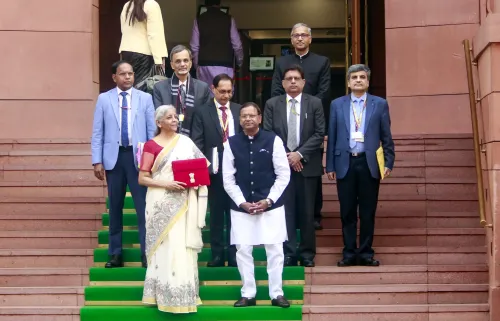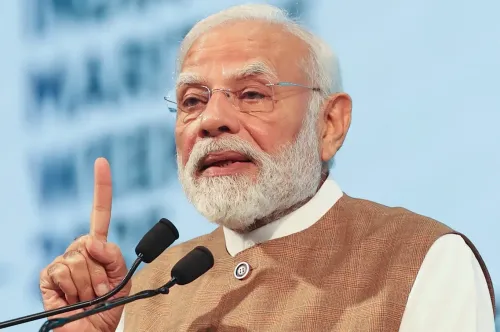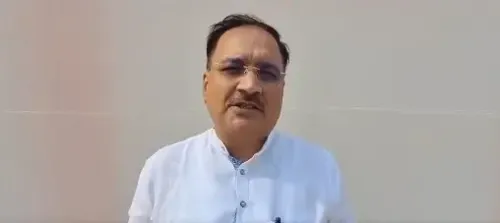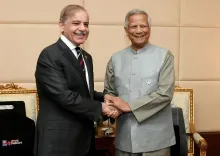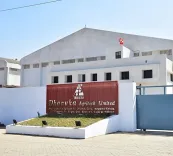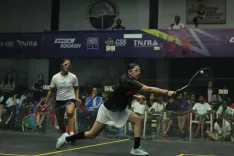How Does Legislative Debate Nurture Democracy?

Synopsis
Key Takeaways
- Constructive debates are essential for democratic growth.
- Legislatures should focus on meaningful dialogue.
- Disruptions hinder effective representation.
- Quality discussions define the success of democracy.
- Public trust is built through accountability and dialogue.
New Delhi, Sep 12 (NationPress) The Speaker of the Delhi Legislative Assembly, Vijender Gupta, emphasized on Friday that constructive debates are vital for the growth of parliamentary democracy, akin to how water fosters a tree's development and productivity.
While addressing the 11th Commonwealth Parliamentary Association (CPA) India Region Conference in Bengaluru, Gupta remarked, “Democratic institutions should serve as platforms for serious discussions where debates are instrumental in shaping policy and resolving public issues.”
He highlighted that true democratic success is not solely defined by elections, which are merely the initial phase, but by the quality of discussions that follow within the House.
In his remarks at the conference, themed ‘Dialogue and Discussion in Legislative Institutions: The Foundation of Public Trust, the Medium of Fulfilling People’s Aspirations’, Gupta stated that legislatures should not be viewed as power arenas but as spaces where varied ideas unite for the common good.
The effectiveness of democracy is gauged by how well public concerns are articulated, acknowledged, and tackled through meaningful dialogue in the House.
Gupta emphasized that genuine debate occurs when every perspective is given due attention.
“Disruptions, walkouts, and noise squander the House’s time and diminish constituents’ representation, undermining the institution’s dignity,” he said.
He affirmed that upholding discipline and decorum in the House is a shared duty. “Constructive and dignified dialogue promotes accountability of the executive and nurtures public trust,” he stated.
Debates not only showcase accomplishments but also identify flaws and present invaluable suggestions, making them the authentic voice of democracy; without such robust discussions, legislatures risk becoming mere mechanical entities, he remarked.
“The best speakers are those who deliver their addresses with calmness, dignity, and sound reasoning. When such speeches are made, the entire House pays attention, regardless of party affiliations,” he added.
Regarding practices in the Delhi Legislative Assembly, Gupta noted that ample opportunities are afforded to both treasury and opposition members.
He mentioned the effective use of Question Hour, Special Mentions under Rule 280, and brief discussions, with thorough debates on Bills.
He cited an instance where a significant education Bill was deliberated for more than five hours, extending late into the night, which illustrates the seriousness given to legislative discussions.

